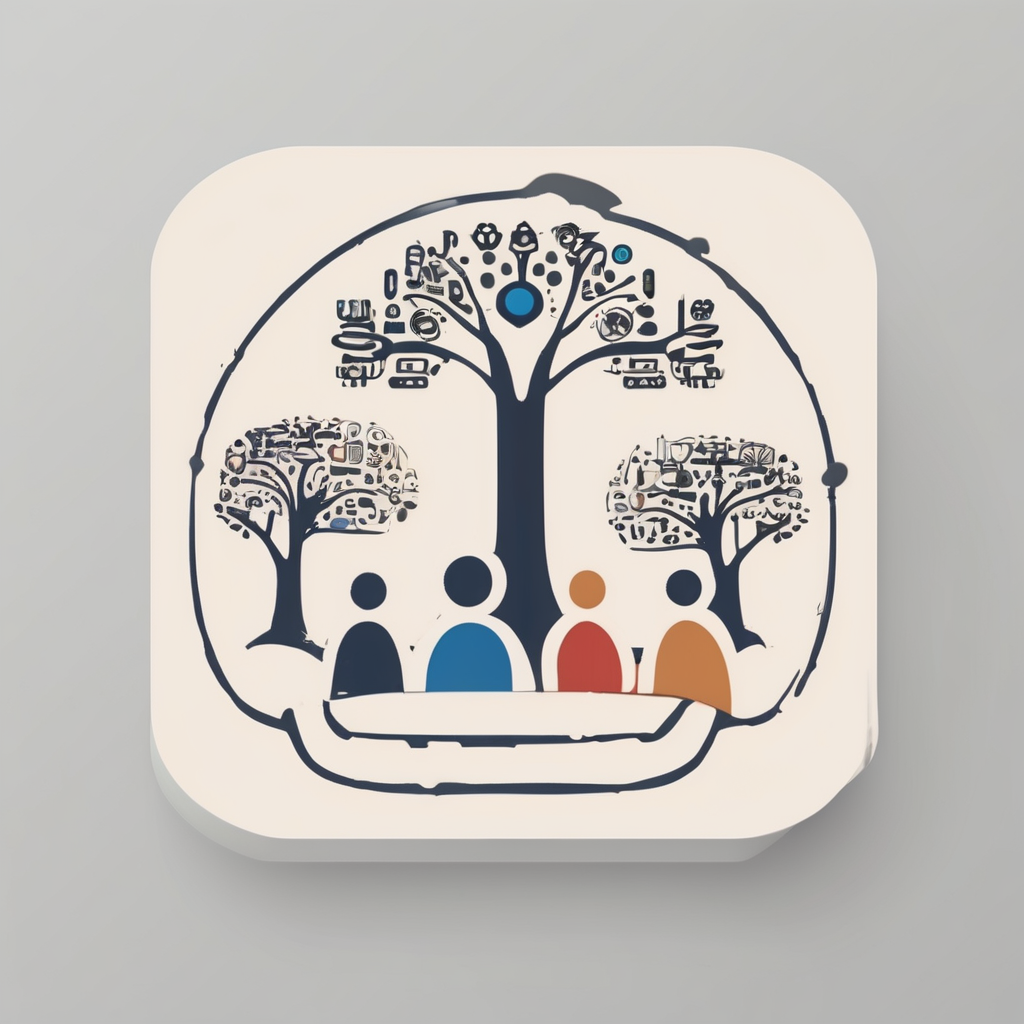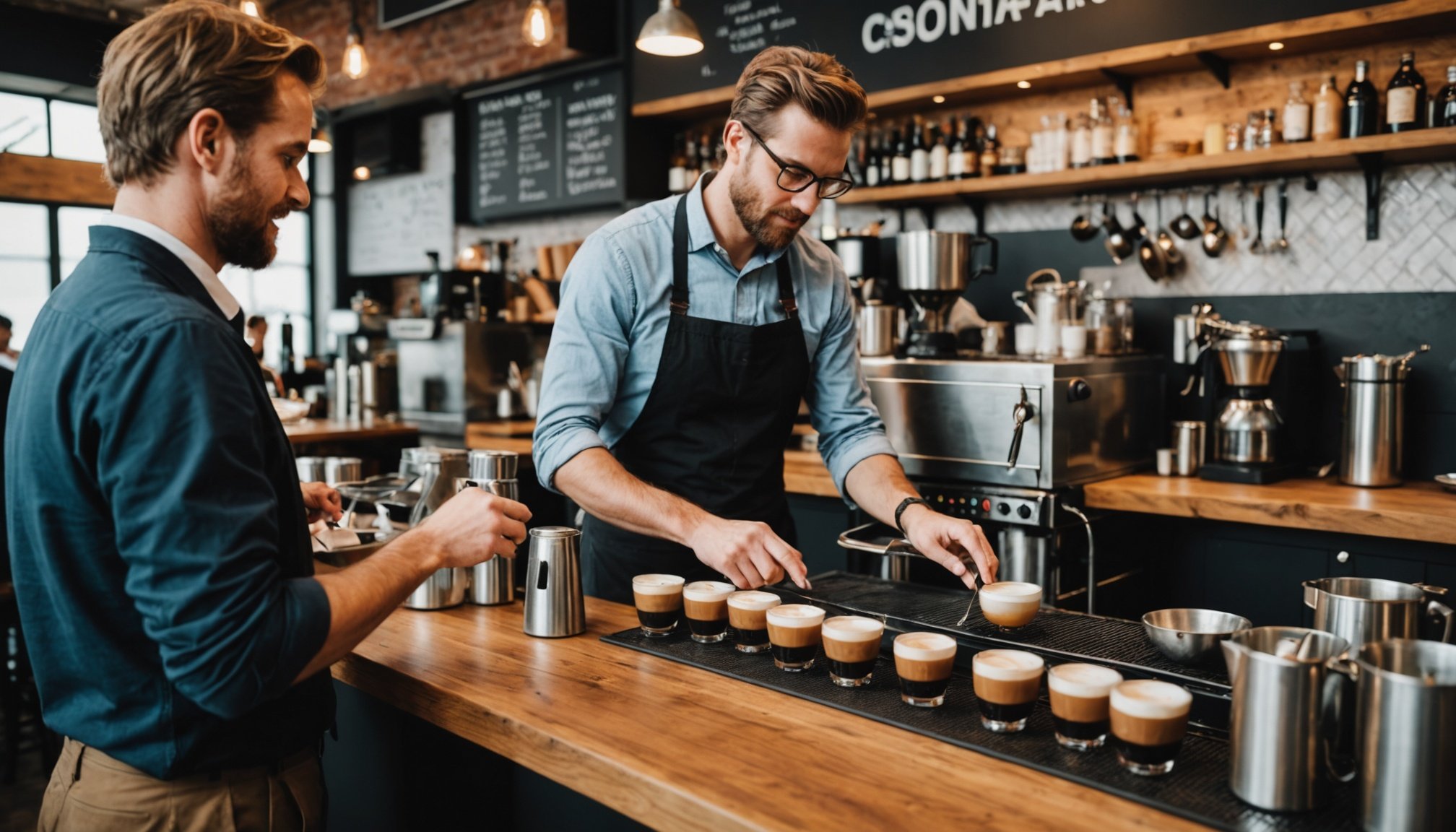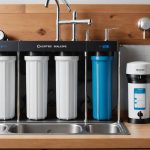Essential Tips for Evaluating Coffee Suppliers
Selecting a coffee supplier involves careful consideration of several key factors. Among these, the importance of quality and flavor profiles stands paramount. It’s crucial to taste and test different coffee blends to ensure they meet your standards. Understanding the bean’s origin, roast level, and flavor nuances can significantly influence your coffee supplier selection.
Another essential factor is evaluating the sustainability practices of potential suppliers. Eco-friendly practices are no longer optional but a necessity in today’s market. Does the supplier engage in responsible sourcing? Are they transparent about their environmental impact? Look for certifications like Fair Trade or Rainforest Alliance as indicators of commitment to sustainability.
Also to read : Maximizing revenue: how menu engineering drives success in themed restaurants
Pricing structures and contracts also require meticulous attention. It’s important to analyse these elements to secure long-term value. Consider whether the supplier offers competitive pricing without compromising on quality. Ensure contracts clearly outline terms regarding delivery schedules, payment terms, and quality guarantees. Clear agreements prevent potential disputes, fostering a strong partnership.
Establishing Quality Relationships with Suppliers
Fostering strong supplier relationships is essential for achieving consistent coffee quality and maintaining business success. Communication strategies form the backbone of these partnerships, ensuring open dialogues and mutual understanding. Effective communication involves regular check-ins, feedback loops, and discussing shared goals.
Have you seen this : Transforming café orders: cutting-edge tech innovations for an effortless experience
Building Trust and Transparency
Trust and transparency are the foundation of any successful supplier partnership. Clear communication about expectations and performance standards fosters trust. Additionally, sharing information about business objectives and operational changes enhances transparency. Suppliers who are well-informed can respond effectively to your needs, strengthening the overall relationship.
Negotiating Fair Contracts
Contract negotiation should prioritise fairness and clarity to avoid misunderstandings. Consider including essential terms regarding delivery times, payment schedules, and quality guarantees in your contracts. Honest negotiations help build respect and understanding, paving the way for a mutually beneficial partnership.
Regular Performance Reviews
Conducting regular performance reviews is crucial for maintaining high standards and addressing any issues promptly. Evaluations should assess supplier performance based on quality and service, offering a structured opportunity to address concerns and realign goals. This proactive approach ensures that the relationship remains productive and aligns with your coffee business objectives.
Crisis Management Preparedness for Bar Teams
In the dynamic environment of coffee shops, crisis management skills are indispensable. Identifying potential crises specific to café settings is the first step towards effective readiness. Common challenges include equipment malfunctions, supply chain disruptions, and sudden staff shortages. Recognising these early allows bar teams to preemptively strategise and minimise potential impacts.
Developing comprehensive emergency response protocols is vital. Clear procedures ensure all staff know how to react swiftly to restore normalcy. These protocols should cover scenarios like power outages, health emergencies, and even handling difficult customers. A well-structured plan facilitates quick decision-making, reducing confusion during a crisis.
Training staff on crisis management techniques is crucial for bar team readiness. Regular workshops and simulations enhance team coordination and response efficacy. These training sessions should include role-playing exercises to simulate real-life situations, allowing employees to practice their learned skills.
Ultimately, preparedness is the key to success in a crisis. Establishing robust strategies and empowering staff with the necessary skills ensures that bar teams can handle unexpected challenges smoothly, maintaining high service standards even under pressure. Consistent training and well-defined protocols contribute significantly to a café’s resilience and reliability.
Actionable Steps to Enhance Crisis Readiness
Taking proactive measures is essential for bolstering crisis preparedness within bar teams. An effective strategy starts with a well-structured crisis response plan. This should be tailored specifically to the bar’s environment, addressing potential issues like equipment failures or supply disruptions. By outlining precise actions for each scenario, you lay a clear roadmap for staff.
Incorporating regular training programs is another critical step. These programs should focus on building core crisis management skills among employees, ensuring they’re equipped to handle emergencies efficiently. Conducting simulation exercises further enhances this preparation. By mimicking real-life situations, staff gain invaluable experience in implementing crisis protocols under pressure.
Continuous improvement relies heavily on data tracking and evaluating responses. After each training session or actual crisis event, assess what worked well and identify areas needing refinement. This evaluation helps bar teams learn from past experiences and adapt their approaches for the future, keeping crisis readiness agile and effective.
Ultimately, these actionable steps are crucial for maintaining high service standards. By reinforcing crisis preparedness through thorough planning, ongoing training, and regular evaluations, bar teams can confidently manage challenges and sustain operational excellence.
Real-Life Crisis Scenarios and Lessons Learned
Understanding how cafés navigate crises provides valuable insights into effective risk mitigation. Analysing these crisis case studies equips bar teams with practical strategies.
Analyzing Past Incidents
Reflecting on significant crises helps identify areas for improvement. Frequent challenges include sudden equipment failures and unexpected supplier issues. For instance, a café once faced a grinder malfunction during peak hours. Swift improvisation with a backup ensured service continuity.
Case Studies from Successful Cafés
Exploring success stories showcases cafes that have turned potential disasters into wins. Consider a small café overwhelmed by a supply chain glitch. Anticipating such risks, the owner had pre-established alternative supplier relationships. This forward-thinking approach ensured steady operations despite disruptions.
Key Takeaways for Future Preparedness
Learning from these examples reveals critical lessons. Firstly, develop a robust crisis management framework tailored to specific challenges. Regular reviews and adaptability are essential for keeping the plan effective.
A comprehensive checklist can ensure preparedness, including:
- Established backup plans for equipment and supplies
- Consistent communication strategies within teams
- Routine simulations to refine crisis responses
Implementing strategies inspired by successful cafés can significantly enhance a bar team’s crisis readiness.








